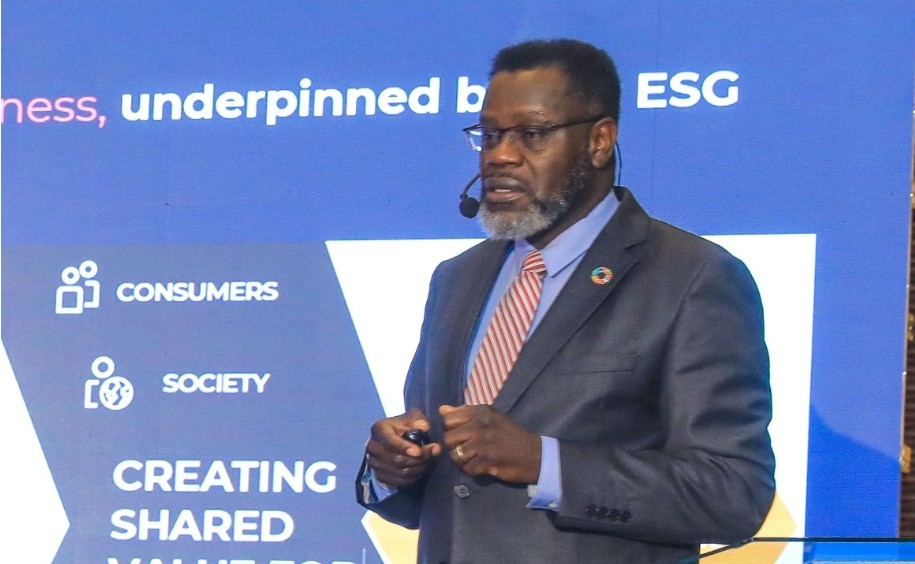The government has committed to continue supporting Kenya’s tea sector, calling it the cornerstone of the country’s economy.
Environment and Climate Change Principal Secretary Festus Ng’eno said tea generates export revenues that are critical for infrastructure, education, and healthcare projects.
He spoke at a side event organised by Lipton Teas and Infusions during the Africa Climate Summit.
The meeting was titled “Kenya as a role model: Championing Sustainable Tea Practices to create value for all brought together the key players of the tea”.
Ng’eno said: “Kenya possesses a unique opportunity to showcase its exceptional tea through initiatives highlighting its distinct origin. Thanks to our unique agroecological conditions, Kenya is famed for producing some of the world's finest tea.”
He added: “Our tea, naturally grown, boasts a distinct flavour that is highly sought after in global markets. Through collaborative efforts, we endeavour to show the world that Kenya can produce high-quality tea that meets stringent social standards while building robust climate resilience.”
Lipton Teas and Infusions’ procurement director John Mutua said, “We’re committed to creating greater value for all, including producers, farmers, and communities, all the way across our entire supply chain. Today marks an important day to showcase our engagement with our partners towards making Kenya a model country for tea, grown to the highest quality as well as social and environmental standards. We’re dedicated to continuing working on an industry-wide framework to deliver this ambition.”
Chairperson of the Kenya Tea Growers Association and MD Kipkebe – Sasini PLC, Silas Njibwakale said, “As representative of the growers, we have made significant progress in climate mitigation measures. However, we do understand that we need to speed up and it is critical for all market players to align as we cannot make any progress alone and need to support each other.
He added: “This is the right time, and I am excited about this as it will help us to accelerate our efforts in making the earth a habitable place. Our drive towards the use of clean energy, sustainable forest use, water catchment conservation, research for climate resilience clonal teas, and investment in the communities speaks for itself.”
The Head of Operations at KTDA, Charles Manegene said, “Climate change is a real threat to farmers. Our goal is to sustainably produce high-quality teas for local and global markets. Sustainability of the industry lies in climate mitigation strategies, enhancing crop husbandry and facilitate technology transfer.”
These messages resonated with IDH Kenya Country Director, Jenny Lofbom stating that “as key stakeholders of tea industry being involved over many years working on improving its sustainability agenda, IDH welcomes the industry willingness for collaboration that will accelerate and scale up the effort to create more value and protect the ecosystem.”













